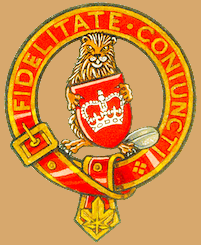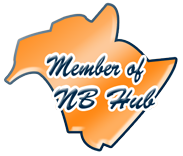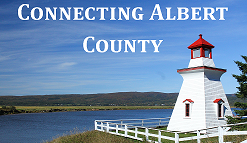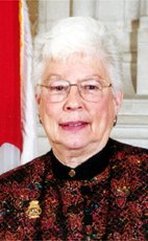"Debate is at the heart of democracy, or
should be. But appeals to democracy are
usually designed to shut debate down,
not to deepen it." ~Paul Wells
keeping track). The candidates are slowly revving up their
campaigns and the media has gone into full election mode. I thought this might be a good time to get into a topic I've
mulling over for some time.
Republicans like to say that the monarchy is an undemocratic
institution. I would like to dissect that claim.
When To Elect
position being unelected. The monarch/governor general is
neither the only unelected position in the government nor the
most common. That distinction goes to the entire judicial branch. They have even rejected laws passed by a democratic
Parliament (something the Monarch of Canada has never
done). And yet I don't see anyone clamoring to elect the
Supreme Court. And why would they? There is understanding (based in part on observing our neighbors to the South) that
electing members of the judiciary would not help the courts
do a better job and might in fact damage them through
partisanship. There is an understanding that, under specific
circumstances, it is not desirable to elect a position.
We choose to elect Members of Parliament because we
recognize that partisan competition fuels debate and helps
keep everyone on their best behavior. We do this with the full knowledge that said competition can, and does, create
divisions in society (as the last 10 years makes clear). The
office of the monarch is not a position that requires elections
as it is not a position that crafts policy. The Crown is there to
provide stability, non-partisan leadership and to represent
Canada. It is also the hidden emergency button in case
Canada goes off the rails. None of these roles are enhanced
by elections.
And, as I have noted before, directly-elected heads of state
have been shown to cause a 5-7% decrease in voter turnout
for legislative elections. Indirectly-elected presidents also
have difficulties it has been found.
When To Inherit
is somehow undemocratic by virtue of being hereditary. This
is expressed as the monarchy being an "anachronism" or
"medieval" institution. You want to know what other
position is hereditary? Citizenship. Once gained, citizenship
is passed on regardless of qualifications or behavior. It also
confers specific rights on its holders (voting rights for one).
But citizens don't hold a place in government, I can hear you saying. Don't they? The republican ideal is a government of the people, by the people, for the people. In the republican
ideal the people are central to the formation and execution of government. And a government based on the people's
participation cannot escape being based on the hereditary
rights of citizenship.
The monarchist ideal is different. Coming out of the Medieval
period there was an understanding within English practice
(and to a degree, in all of Europe) that the monarch must
consult with the people in governing the country. In Canada
we have a supreme right to be consulted as subjects of Her Majesty. Incidentally the monarch shares this right to have
consultation. In fact the monarch's rights are often a mirror of
the people's rights. Another example is the coronation oath
and the citizenship oath. The monarch promises in the
coronation oath to reign in accordance with Canada's laws
and customs while in the citizenship oath the people promise
much the same towards the monarch.
So why is this important? Because a government that can
reject the monarchy on the basis of its hereditary nature can
reject a citizen's unqualified right to vote on the same
grounds. We use hereditary selection when we want to
prevent an office, group, or position from becoming
monopolized by interest groups. The citizenship can never be
cut down to only people who believe the same things because
it is hereditary. The monarchy cannot become a prize for a
specific partisan viewpoint to capture for the same reason.
The Will Of The People
on its association with divine right. While divine right did
play a part in the monarchy's history, it was neither a primary
justification for monarchical rule or even an uncontested one.
It is also not a current justification. Monarchs in Britain or in
Canada have never reigned by divine right. This is because in
1688 the Glorious Revolution occurred. It fundamentally and
definitively changed the monarchy from being based on
divine right to being based on the consent of Parliament.
While certain phrases such as 'by the grace of god' have been
kept they hide the fact that the monarch reigns by the consent
of Parliament, not the authority of God.
While the Rob Fords of the world can cling to power through
appeals to their democratic selection the monarchy is in a far
more precarious position. A monarch who tried to abuse power would simply be gone. Without democratic legitimacy
the monarch is counterfactually more accountable to the
people.
A related difficulty is when two democratically-elected offices
come into conflict. With both able to claim to represent the
people the argument can become messy and often boils down
to who can better use the powers of the state. The monarch
has no such recourse and must acquiesce to the democratic
office.
Republicans should not be allowed to get away with using
appeals to democracy to shut down debate. Monarchists can,
and should, make the argument that, far from being an undemocratic institution, the monarchy is Canada's most unappreciated democratic institution.
Loyally Yours,
A Kisaragi Colour
 RSS Feed
RSS Feed





